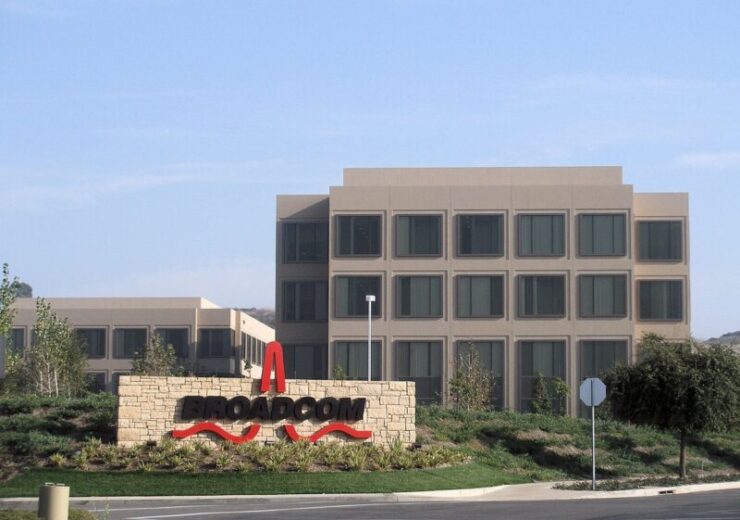According to the British competition watchdog, if the proposed deal between Broadcom and VMware goes through, it could result in the increased price of computer parts used by the government, banks and telecoms and less innovation

The Broadcom, VMware deal could face an in-depth probe by the CMA. (Credit: Coolcaesar/Wikimedia Commons)
The UK Competition and Markets Authority (CMA) said that the previously announced Broadcom’s $61bn acquisition of VMware would stifle competition in the UK following the conclusion of a phase 1 probe.
VMware is a cloud computing and virtualisation technology company, while Broadcom is a semiconductor manufacturer.
According to the regulator, if the deal goes through, it may result in the increased price of computer parts used by the government, banks, and telecoms and less innovation.
The CMA has found in its initial phase 1 probe that VMware has a dominant position in server virtualisation software. The regulator noted that Broadcom’s and other suppliers’ server hardware components need to be compatible with VMware’s software.
Therefore, the British competition watchdog said that it is concerned that the merger would enable Broadcom to prevent other suppliers from being able to deliver VMware-compatible hardware including network interface cards (NICs) and storage adapters.
It would lead to a significant reduction in competition and in lesser choice for customers, said the CMA.
Besides, the regulator has found that the proposed deal would help Broadcom to access commercially sensitive information including the details of upcoming products that other hardware suppliers currently deliver to VMware.
CMA Executive Director David Stewart said: “Computing infrastructure underpins the services that public and private organisations rely on to support their operations and to support their users and customers – that is to say, all of us.
“Servers are a vital building block, functioning largely thanks to hardware products made by firms like Broadcom, working in unison with virtualisation software from firms like VMware.
“We are concerned this deal could allow Broadcom to cut out competitors from the supply of hardware components to the server market and lead to less innovation at a time when most firms want fast, responsive, and affordable IT systems.
“It’s now up to Broadcom to respond to our concerns or face a more in-depth investigation.”
The phase 1 investigation into the merger was launched by the CMA in January 2023.
Broadcom has been given five working days to come up with proposals to address the concerns raised by the CMA.
Following this, the regulator will have a further five days to decide whether to accept any offer or refer the case for an in-depth phase 2 probe.


